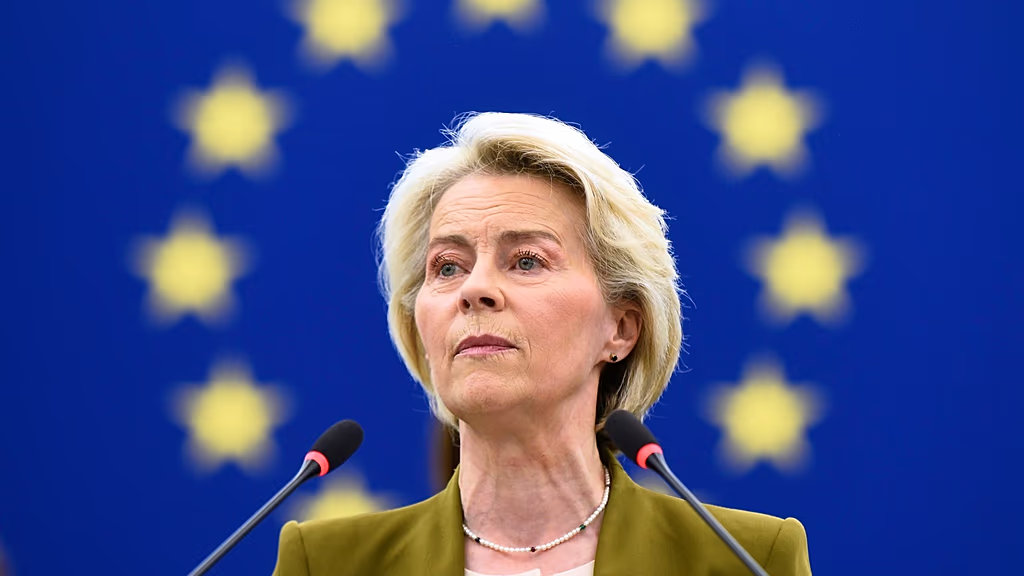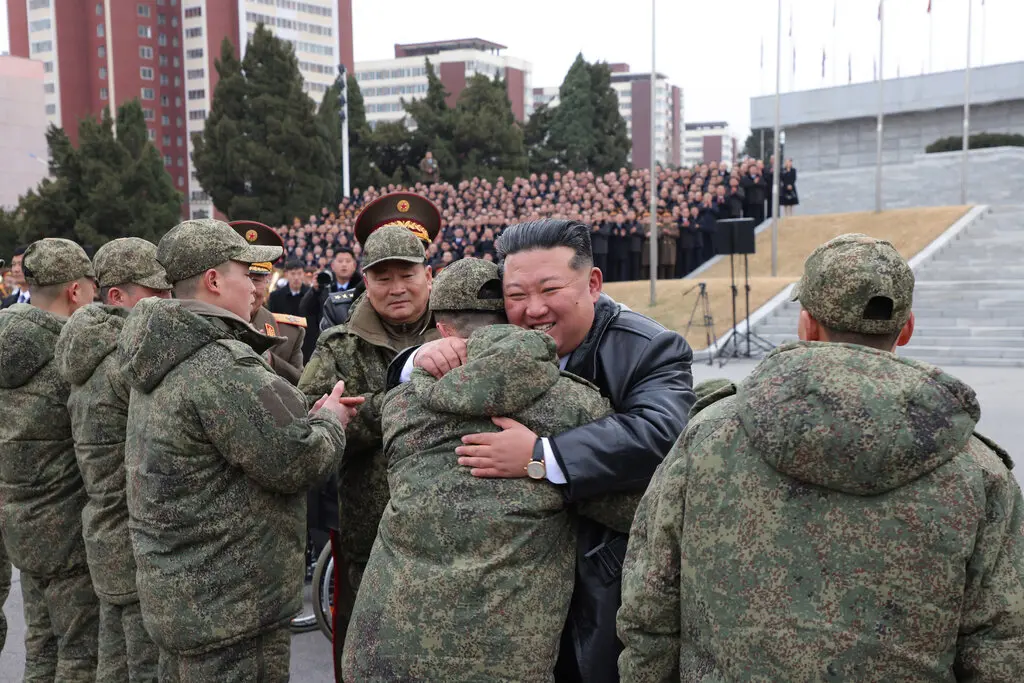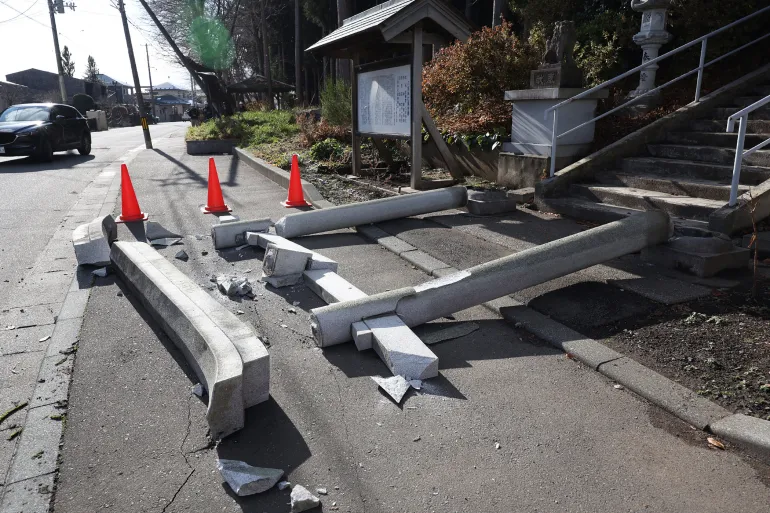A deepening divide has emerged between Israeli Prime Minister Benjamin Netanyahu and the country’s top military leadership over how to proceed in Gaza, with the dispute centering on whether to launch a full-scale occupation or adopt a more restrained approach.
Netanyahu Pushes for Total Control
Netanyahu, under pressure from right-wing coalition allies, is advocating for Israeli forces to seize Gaza City and eventually extend control over the entire Gaza Strip. He has outlined plans for a post-conflict administration that would exclude both Hamas and the Palestinian Authority, instead favoring a local Arab civil body to manage day-to-day governance. While the prime minister insists Israel would not retain permanent control, critics fear such a move could escalate the conflict and entrench Israeli involvement.
Military Leadership Pushes Back
Israel Defense Forces Chief of Staff Lieutenant General Eyal Zamir is openly opposing the idea of a sweeping occupation. He argues that such an operation would overextend Israel’s forces, place hostages in greater danger, and increase the likelihood of prolonged urban combat. Zamir favors a strategy of siege and attrition—tightening control over supply routes and gradually weakening Hamas without committing to a long-term military presence.
Cabinet Endorsement Despite Opposition
Despite the IDF leadership’s reservations, Netanyahu’s plan received approval from the Israeli security cabinet earlier this week. The decision paves the way for a phased military advance into Gaza City, beginning with civilian evacuations and the establishment of humanitarian corridors before intensifying combat operations.
Rising Domestic and International Concerns
The rift has drawn global attention. International organizations have warned that an expanded offensive could have catastrophic humanitarian consequences, displacing large numbers of civilians and deepening Gaza’s humanitarian crisis. Domestically, some Israelis fear the move is politically motivated, designed to satisfy Netanyahu’s coalition partners rather than serve Israel’s long-term strategic interests.
With military commanders and political leaders pulling in different directions, the future of the Gaza operation remains uncertain. The decisions made in the coming weeks are likely to shape both the trajectory of the conflict and Israel’s standing on the world stage.
















Leave a Reply